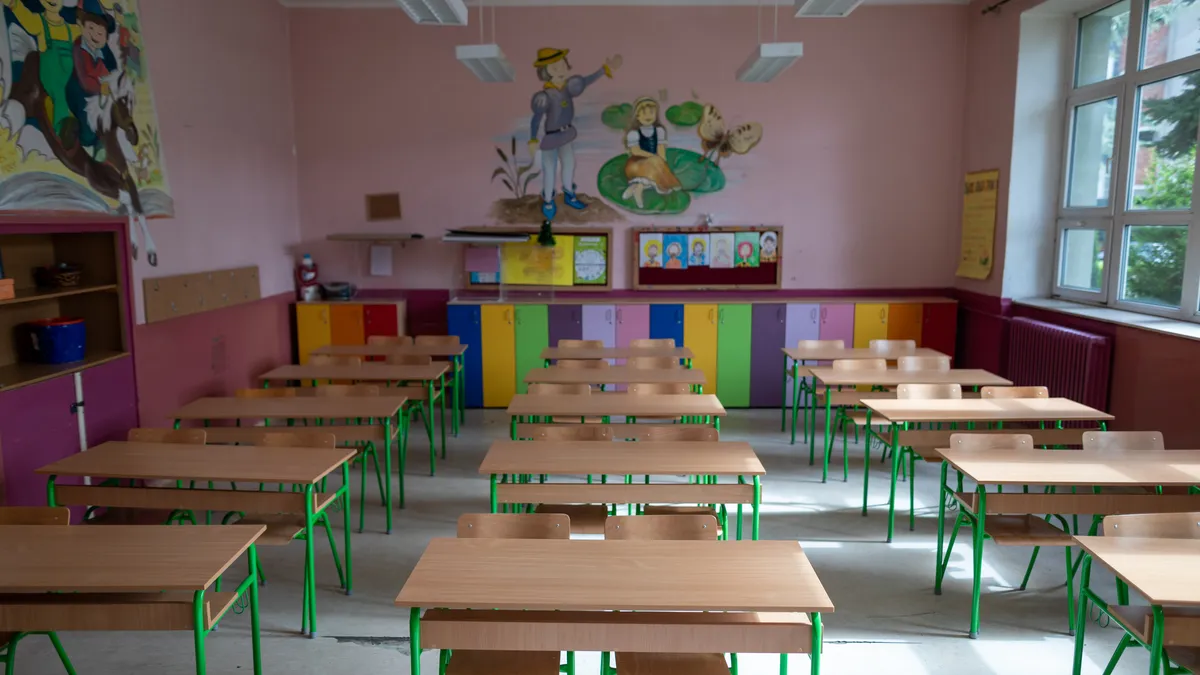Dive Brief:
- Daily student absences rose 22% in January and February across five school districts in California's Central Valley, a region with a high Latin American population potentially subject to federal immigration action, according to a Stanford University working paper released Monday.
- The research attributes the increase to an upswing in federal immigration enforcement activity under the Trump administration. In the months prior to January, absenteeism data hadn't deviated over the prior three years, said Thomas Dee, a professor at Stanford Graduate School of Education and the researcher behind the study.
- These student absences pile onto already prevalent chronic absenteeism and pandemic-related learning loss, the study said. Increased absenteeism due to immigration raids may also further exacerbate declining enrollment in fiscally challenged schools nationwide, according to the research.
Dive Insight:
The Stanford findings come at a time when the Trump administration is ramping up immigration enforcement across the country, notably in California and as of late in Los Angeles.
The study examines student attendance data in a region where — before President Donald Trump took office for the second time — a four-day federal immigration enforcement operation begun on Jan. 7 resulted in up to 1,000 detentions.
The raids “sent shock waves” across the prominent agricultural region in California, the study said. In addition, anecdotal evidence points to parents keeping their children home from school out of fear of being separated from them.
The research also said the 22% increase in student absences earlier this year suggests there were 1.4 additional absences per student during one half of the school year — estimating up to 725,000 student days lost in the Central Valley region due to the immigration raids in January.
On top of that, absences among younger students in grades K-5 were more than three times higher compared to high schoolers during this period, the study said.
“The findings indicate lost learning opportunities, but this isn’t just about kids missing out on instructional time,” said Dee in a Monday statement. “The stress that’s being put on these young children and their families is serious, and the increased absences are a leading indicator of broader developmental harm.”
The uncertainty of looming immigration enforcement in schools can take a toll on a students’ mental health and potentially lead to negative psychological effects, including anxiety, according to school leaders and psychology experts.
The increase in immigration enforcement has put schools and families on alert nationwide, especially after the U.S. Department of Homeland Security announced on Jan. 21 that schools would no longer be off limits for Immigration and Customs Enforcement officials.














